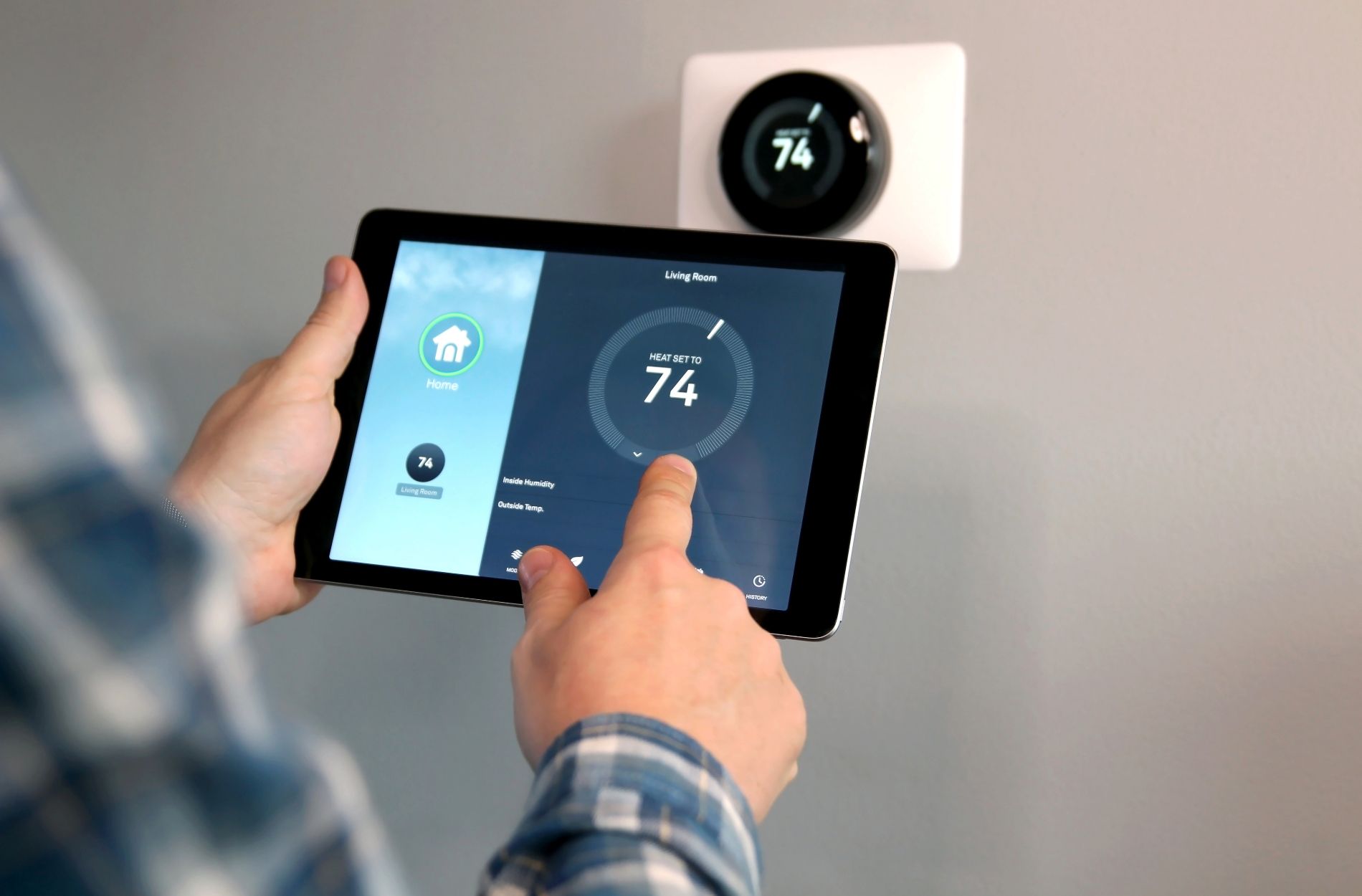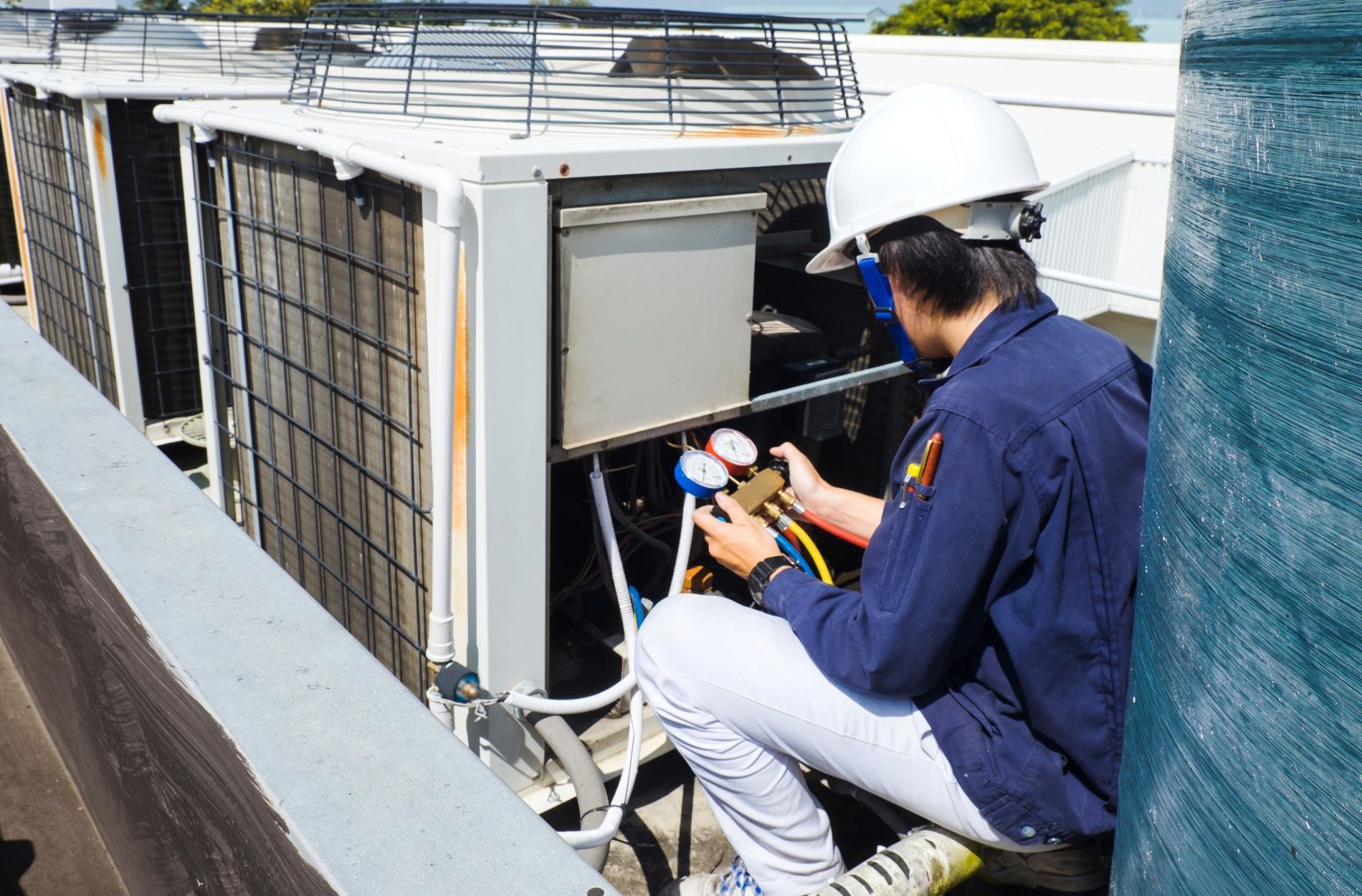What to Do When Your AC Stops Working
Nothing disrupts your comfort quite like an air conditioner that suddenly stops working. Especially during those hot summer months, a functional AC is crucial in keeping your home cool and comfortable. When your AC unit breaks down, it can be frustrating and even overwhelming, but knowing what steps to take can help you address the problem quickly.
Before you panic, there are a few simple checks you can perform to troubleshoot and possibly fix the issue yourself. Sometimes the problem could be as basic as a power supply issue or a dirty air filter that needs replacing. These are easy fixes that you can handle without professional help.
However, if these initial checks don’t solve the problem, it may be time to look into more serious issues like refrigerant leaks or malfunctioning components. In such cases, knowing when to call a professional technician is essential. They have the tools and expertise to diagnose and repair more complicated problems, ensuring your AC is up and running smoothly again.
In this article, we will guide you through some of the common solutions for when your AC stops working. By understanding these steps, you can take quick action and restore comfort in your home.
Check the Thermostat and Power Supply
The first thing to do when your AC stops working is to check the thermostat and power supply. Sometimes, the issue is as simple as the thermostat settings being incorrect or a power issue affecting the unit. Follow these steps to rule out any basic problems:
1. Check the Settings:
Make sure the thermostat is set to "cool" and the temperature is set lower than the current room temperature. Also, check if the fan setting is on "auto" or "on."
2. Replace the Batteries: If your thermostat uses batteries, low battery power might cause it to malfunction. Replace the batteries and see if the AC starts working.
3. Inspect the Circuit Breaker: Head to your home’s electrical panel and check if any breakers have tripped. If the breaker controlling the AC is off, switch it back on. Sometimes, power surges or overloads can trip the breaker.
4. Confirm the Power Supply: Ensure the AC unit itself is plugged in and that the power switch near the unit, often located outside, is turned on.
By checking these basic things, you might find an easy solution to your AC problem. If everything seems fine here, you can move on to the next step.
Inspect the Air Filter and Vents
If the thermostat and power supply are functioning properly, the next step is to inspect the air filter and vents. A clogged air filter or blocked vents can cause your AC to stop working or reduce its efficiency.
1. Check the Air Filter:
Over time, dust and debris can accumulate on the air filter, blocking airflow. Locate your AC’s air filter, usually found near the return air duct or blower compartment, and check if it is dirty. If it looks clogged or black, it’s time to clean or replace it.
2. Replace the Filter: If your air filter is disposable, replace it with a new one. If it’s reusable, wash it with water and let it dry completely before reinstalling it. Keeping your air filter clean can prevent many common AC problems.
3. Inspect the Vents: Walk around your home and ensure that all supply and return vents are open and unblocked by furniture or other objects. Blocked vents can restrict airflow and affect the performance of your AC.
4. Clean the Vents: If dust or debris is visible inside the vents, use a vacuum cleaner with a brush attachment to remove it. This can improve overall airflow and help your AC work more effectively.
By regularly checking and cleaning the air filter and vents, you can maintain good airflow in your system. This simple maintenance task can keep your AC running smoothly and efficiently. If your AC still isn’t working after these steps, you should look for other potential issues.
Look for Refrigerant Leaks
If your air conditioner still isn’t working properly, it might have a refrigerant leak. Refrigerant is the chemical that cools the air in your AC system. When there’s a leak, the AC can’t cool your home effectively. Here’s what to do:
1. Check for Ice Buildup:
One of the signs of a refrigerant leak is ice buildup on the refrigerant lines or the outside unit. If you see ice, there might be a leak.
2. Listen for Hissing Sounds: Another sign of a refrigerant leak is a hissing or bubbling noise coming from the AC unit. This noise indicates that the refrigerant is escaping from a small hole or crack.
3. Inspect the Area: Look for oily stains on the ground around your AC unit. These stains could be from the refrigerant that has leaked out.
4. Monitor Cooling Efficiency: If your AC isn’t cooling as well as it used to, and you’ve ruled out other issues, it might be due to a low refrigerant level.
If you suspect a refrigerant leak, you should call a professional technician. Handling refrigerant requires special training and equipment, and a pro can safely repair the leak and recharge your system.
When to Call a Professional Technician
Sometimes, trying to fix your AC on your own isn’t enough. If you’ve tried checking the thermostat, power supply, air filter, and vents, but your AC is still not working, it’s time to call in a professional. Here are some situations where you should call a technician:
1. Persistent Issues: If your AC keeps turning off and on, or doesn’t cool your home consistently, a technician can diagnose deeper problems.
2. Strange Noises: Loud banging, grinding, or squealing noises can indicate mechanical issues that need expert attention.
3. Unpleasant Smells: If your AC emits foul odors, it could be due to mold or burnt-out components that require professional cleaning and repair.
4. High Energy Bills: If your energy bills have increased unexpectedly, it might be a sign that your AC is working harder due to underlying problems.
A professional technician has the tools and experience to handle complicated issues. They can ensure your AC unit is repaired safely and efficiently, restoring comfort to your home.
Conclusion
Dealing with a non-working AC can be a real headache, but following these steps can help you figure out the problem and even fix some issues on your own. Start with easy checks like the thermostat and power supply, move on to inspecting the air filter and vents, and look for signs of refrigerant leaks. These steps can save you time and money, and keep your home comfortable.
However, there are times when it’s best to call a professional technician. Persistent issues, strange noises, unpleasant smells, and high energy bills are signs that you need expert help. Professional technicians have the skills and tools to diagnose and repair more complex problems effectively and safely.
For reliable Air Conditioning repair and maintenance, don’t hesitate to reach out to Anytime Heating & Air. Our experienced technicians are ready to help you get your AC back up and running smoothly. Contact us today to schedule your service!


